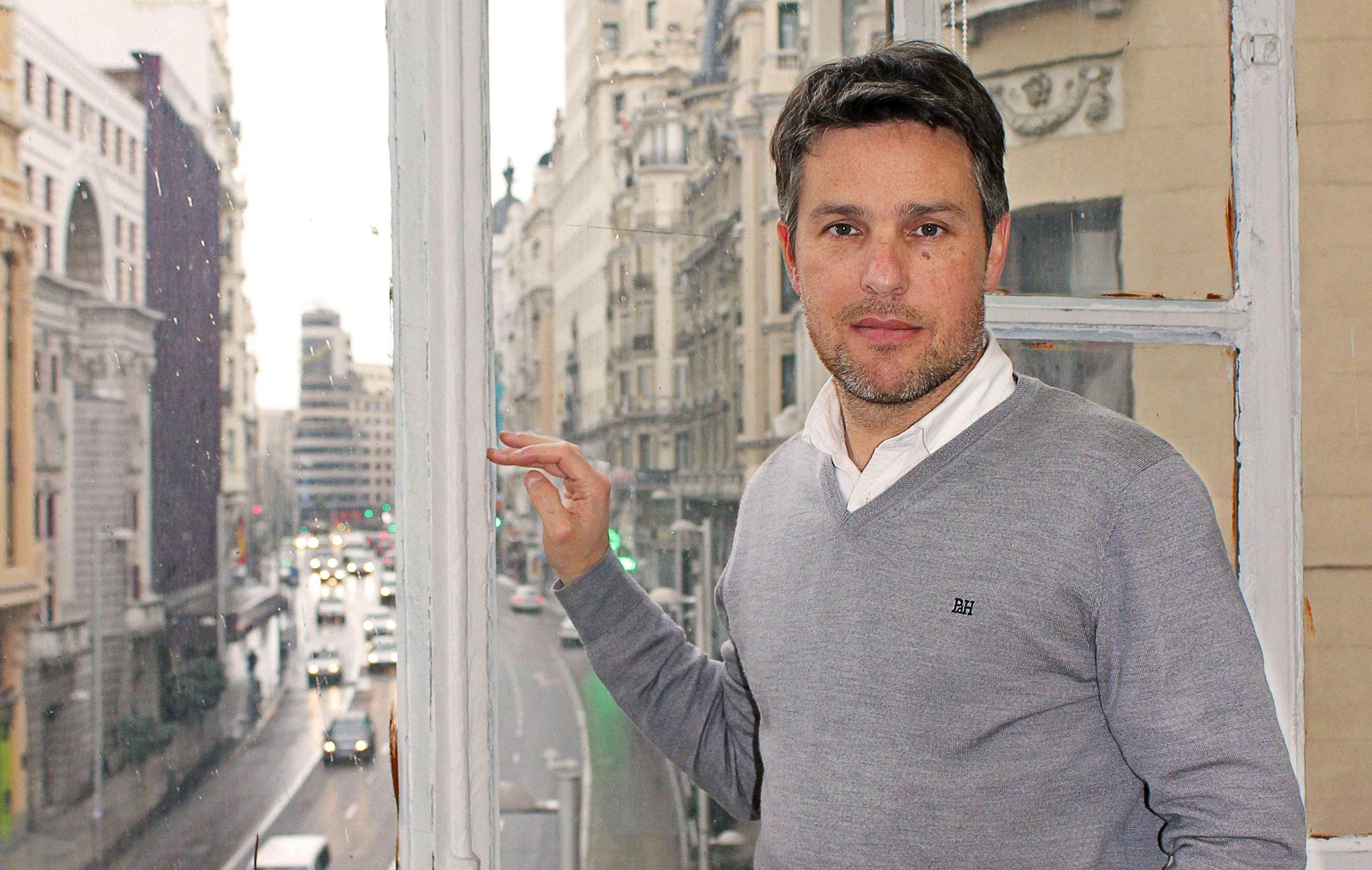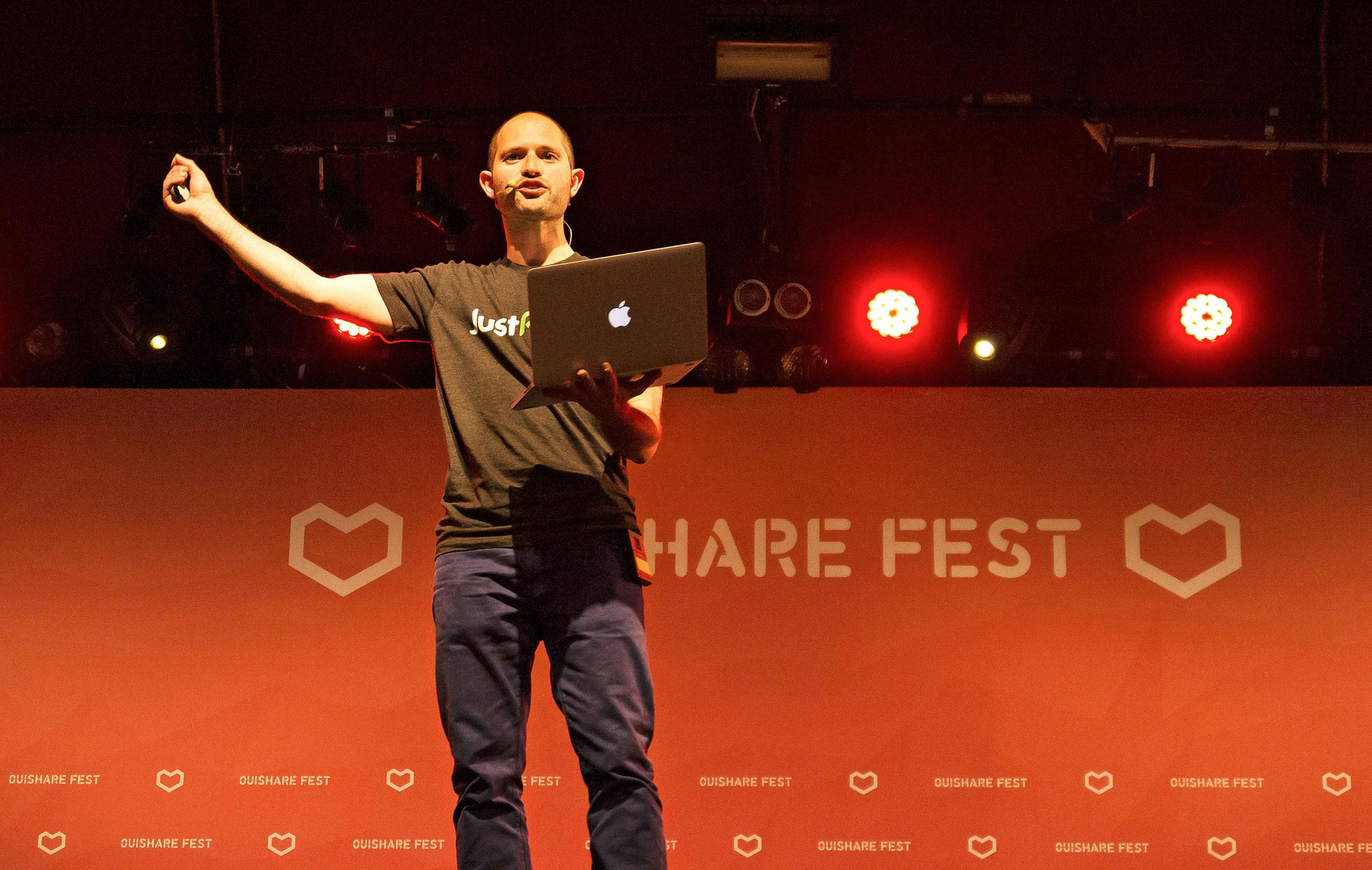Why trust is key for BlaBlaCar – An interview with Vincent Rosso
The co-founder of Blablacar discusses what B2B marketplaces can learn from P2P marketplaces, and specifically, marketplace trust as a facilitator for transactions.
Published on
Last updated on

Inspiration and insights from global marketplace experts and thought leaders. An interview with BlaBlaCar Spain co-founder Vincent Rosso.
The co-founder of BlaBlaCar Spain believes that business-to-business marketplaces can learn a lot from peer-to-peer sharing economy platforms.
Back in 2009, when Airbnb was just starting out, Uber didn't exist, and the sharing economy wasn't really a thing, Vincent Rosso joined a small French team that had developed a platform for facilitating carpooling between strangers. BlaBlaCar was looking to expand beyond its country of origin and Rosso was tasked with taking over the first international expansion effort.
– At the beginning, it was an experiment. We didn't really know whether the BlaBlaCar model would work in any other countries.
Fast forward to 2017: BlaBlaCar is the big European sharing economy success story, even though it has lately faced some growing pains. When Rosso left the company in 2015, it had just completed a massive $200 million funding round that valued the company at $1.6 billion, giving it the status of a "unicorn". At the time of this writing, BlaBlaCar is operating in 22 countries and has more than 35 million users and 600 employees.
But in 2009, Rosso had to start where all marketplaces start from: solving the chicken and egg problem.
The first thing Rosso and his team realized was that simply translating the platform to Spanish was not enough. A more complete adaptation was needed.
– The tone of all our copy on the platform needed to be different. We opted for a different, friendlier style of communication that better suited the Spanish mindset.
The product also required more concrete changes.
– In Spain, the road toll system worked differently than in France and the existing product didn't support it. We needed to change the actual workflow of the platform. This required a lot of work.
Later on, after expanding to other new countries, BlaBlaCar has faced even larger differences between markets.
– In Poland and Germany, we were not able to use the same commission-based business model as in France and Spain for legal reasons, so we needed to find a different model. There are also differences in people's general willingness to share rides: in Russia, the interest was huge, while in Turkey people simply weren't that into it.
In particular, the US market is not a good fit for BlaBlaCar.
– Gas is very cheap in the US, which makes our value proposition less attractive.
After adapting the platform to the Spanish environment, Rosso and his team started building supply.
– You always need to start from one side of your two-sided marketplace. In our case, the situation is more complex since the same people can be both drivers and passengers. However, we still decided to focus purely on acquiring drivers in the beginning as we knew that if we'd get them on board, passengers would more easily follow.
It turned out that in BlaBlaCar's case the drivers were the best ambassadors.
– People were driving from one city to another anyway, so we just needed to get them to list their ride on our platform. Once they had done it, they would advertise it on their own social networks to get others to share their gas expenses. This helped us get more passengers on board.
In addition, the team used a mix of old and new marketing tactics.
– Our most important channel turned out to be Facebook. In 2009, it was still relatively new as a serious marketing platform, but for us it worked really well. However, more traditional PR work was also important for us. These two were the main sources of growth for BlaBlaCar in Spain.
The team knew that in the beginning, it was important to focus on their most potential users.
– I have advised many sharing economy platforms, and the most common mistake they make is having too broad a scope in the beginning. They try to get as many users as possible to list on their platform because they believe it's important to grow. This is a mistake. The purpose of a marketplace is not to have tons of users, but to facilitate many transactions between them. It's better to start with a small group of users who transact a lot on your platform. We didn't try to capture all the drivers in Spain at once. Instead, we focused only on certain key routes that we knew were in our sweet spot, created good liquidity in those, and then gradually expanded to other routes.
From the very beginning, BlaBlaCar's value proposition for its users has been centered around trust. It takes a lot of trust to get into a stranger's car, or let a stranger into yours.
– There was this existing mode of transport—hitchhiking in a stranger's car—and BlaBlaCar's value proposition was that it helped make this a trusted way to travel.
BlaBlaCar's entire product has been built around this idea. They've even developed their own trust framework called D.R.E.A.M.S. (Declared, Rated, Engaged, Moderated, Active, Social). Marketplace trust was created by making people use their real names and photos that reveal their face, a rating system, social logins and displaying the number of Facebook friends, phone number verification, and a payment system.
In 2015 BlaBlaCar also introduced an insurance policy in partnership with AXA.
– While normal car insurance already covered many potential issues, the policies of different companies were different and many had coverage gaps. With this partnership, we were able to offer consistent and comprehensive coverage to all our users.
When asked about the main reason behind BlaBlaCar's success, Rosso cites their approach to building the product.
– We had an iterative approach. The product wasn't perfect in the beginning, so we had to experiment a lot. But we were constantly listening to the feedback from our users and immediately incorporated their feedback into the product. When we released a new feature, we always measured its impact. This approach helped us solve the right problems.
Today, Rosso is focused on using his learnings from the world of peer-to-peer marketplaces and the sharing economy to facilitate transactions in the business-to-business world.
– There are many things B2B marketplaces can learn from platforms like Airbnb and BlaBlaCar.
Peer-to-peer marketplaces have developed their own systems for building trust for years. However, what is often forgotten is that lack of marketplace trust is a major barrier to transactions in the B2B space as well.
– This is a problem especially in international transactions. Think about a Spanish company purchasing a large number of goods from an Eastern European company they've never heard of before. If something goes wrong, one or both parties could get into serious financial trouble.
Rosso's new company, Consentio, has set out to solve this issue.
– We provide a secure escrow account and a smart contract approach where both the buyer and seller need to complete certain milestones to get the payment released, which greatly reduces the risks of the trade transaction.
Consentio also throws some blockchain technology in its mix. A smart contract is formed between the buyer and the seller.
– Technologies can help facilitate transactions that would not have happened otherwise due to a lack of trust. I believe technology like blockchain will play a major role in creating trust between people.
You might also like...

Marketplace pricing: How to set the right take rate
The right marketplace pricing level depends on many different factors internal or external to your marketplace. Here's what you should consider to find the optimal pricing level for your marketplace.

Solve the supply – An interview with Alex Stephany
A clear and compelling value proposition is the simplest way of acquiring supply.

Using content moderation as a trust facilitator
Trust is a key component of a successful marketplace. This guest post by Sigrid Zeuthen teaches you how to use content moderation to build trust in your marketplace.
Start your 14-day free trial
Create a marketplace today!
- Launch quickly, without coding
- Extend infinitely
- Scale to any size
No credit card required
